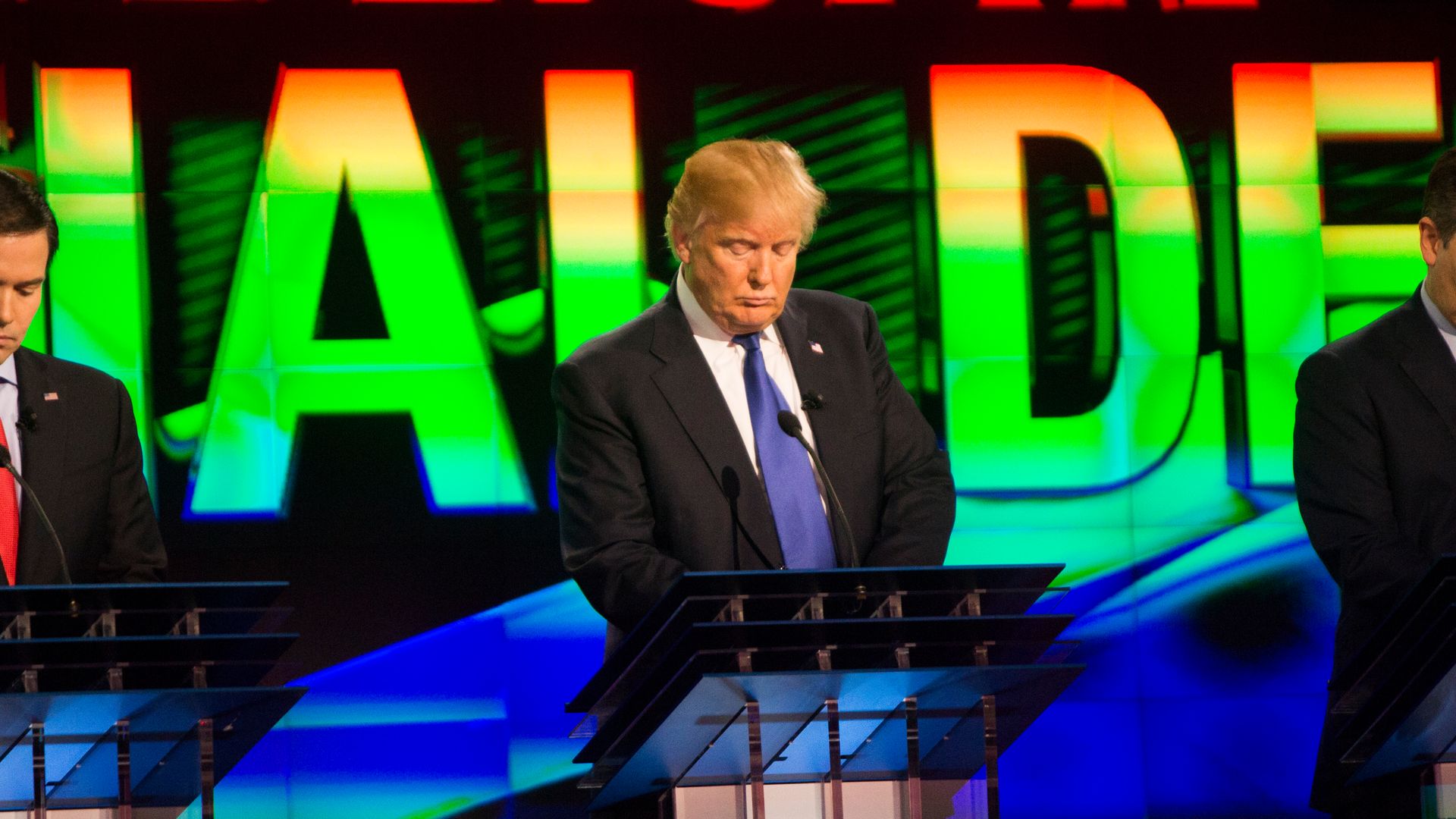
Eight candidates have qualified for the first Republican Presidential Primary Debate August 23 in Milwaukee, Wisconsin.
Former Vice President Mike Pence became the latest to qualify on Monday. Other qualifiers include Florida Governor Ron Desantis, South Carolina Senator Time Scott, former UN Ambassador Nikki Haley and former President Donald Trump, who has not said if he will attend.
To qualify, candidates must be polling at 1% or higher in three polls and have a minimum 40,000 unique donors.
But for all the effort that’s put into getting on the debate stage, is it really worth it? Will a strong debate performance really change who leads the race?
Straight Arrow News asked Patrick Murray, the Director of the Monmouth University polling institute.
“The point of the debate is to try to break out. I mean, the problem with this particular race this year is that you have a front runner who’s so far ahead, that it makes it very difficult to do that,” Murray said.
Donald Trump has not said if he’ll attend the first debate.
“Ronald Reagan didn’t do it and a lot of other people didn’t do it. When you have a big lead you don’t do it,” Trump told Fox News during a July interview.
So we asked Murray, if he were an internal pollster hired by the Trump campaign, what would his advice be on participating? Murray said he’d be surprised if Trump shows up because he has no strategic reason for him to do that.
“Usually when you’re far ahead the general rule of thumb is avoid confrontation at all costs. It’s going to be very difficult for these other candidates to make Donald Trump look weak if he’s not there on the stage with [them] to respond, Murray said.
History shows debates don’t change who’s on top, but they can impact lesser known candidates.
The Real Clear Politics average of polls from the 2016 Republican primary shows how Donald Trump took the lead in July 2015 and never really looked back. But after debates in August, September and two in October, Former Florida Governor Jeb Bush and Wisconsin Governor Scott Walker fell, while Ben Carson got his name out there and gained momentum.
The 2020 Democratic primary was somewhat similar. President Biden and Senator Bernie Sanders were the frontrunners. But after the first debate – then Senator and now Vice President Harris skyrocketed and Senator Elizabeth Warren began a gradual rise that eventually put her neck and neck with Biden.
But none of those gains ever led to a victory. So if no one has the chance to take the lead from Trump in a debate, what’s the best way to beat out the front runner?
“It’s usually that the candidate themselves stumbles and creates the opening for somebody else to come in. That is really, you know, kind of the key is that you can’t create somebody’s downfall, you just have to be ready to step in and take advantage of when they make a kind of a self error,” Murray said.






